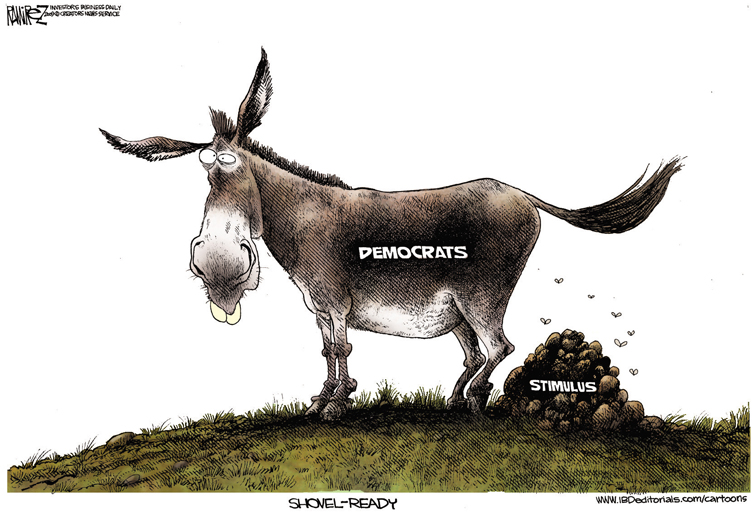It’s time to clean out my “blog ideas” e-mail closet again.
Let’s start with something that I noted during the 2008 campaign but haven’t had the time to follow up on in the aftermath – the impact of political action committees and how well they supported candidates. I haven’t gone through and compiled their effects yet (it’s on my to-do list) but noteworthy is the formation of SarahPAC, named after guess who? Sarah Palin.
It’s actually a pretty site, with two types of scenery. But the aim of SarahPAC is:
Dedicated to building America’s future, supporting fresh ideas and candidates who share our vision for reform and innovation.
SarahPAC believes America’s best days are ahead. Our country, founded on conservative principles and the fight for freedom, must confront the challenges of the 21st century with integrity, innovation, and determination.
SarahPAC believes energy independence is a cornerstone of the economic security and progress that every American family wants and deserves.
SarahPAC believes the Republican Party is at the threshold of an historic renaissance that will build a better future for all. Health care, education, and reform of government are among our key goals. Join us today!
I’m not so sure that health care and education would be the goals I’d set unless it was to get the federal government out of both areas. But it’s yet another PAC that’s gearing up for the 2010 campaign.
Another sore spot of health care was considered as a victory by the American Cancer Society.
As many of you recall I participated in Relay for Life last year because I have family members afflicted with the disease. While I’m still planning on participating this year, I’m a little disappointed that the American Cancer Society saw this as a victory:
With the stroke of a pen, President Obama has signed into law a measure that will save lives by lowering smoking rates and reducing tobacco consumption while giving millions of uninsured children access to quality health care.
The new law expands the successful State Children’s Health Insurance Program (SCHIP) by increasing the federal cigarette tax by the largest amount ever, to a total of just over $1 per pack. The increase will prevent more than 900,000 smoking-related deaths, deter nearly 1.9 million children from smoking, and encourage 1.4 million adults to quit.
Is this like creating or saving 3 million jobs? Perhaps the numbers are correct, but one could look at this as a blow to the hopes of keeping Social Security and Medicare solvent too. Meanwhile the feds expanded SCHIP not by covering more poor children but by increasing the income and age thresholds for eligibilty. To me, SCHIP was a bad idea to begin with and proves that even a GOP-controlled Congress can make mistakes sometimes.


